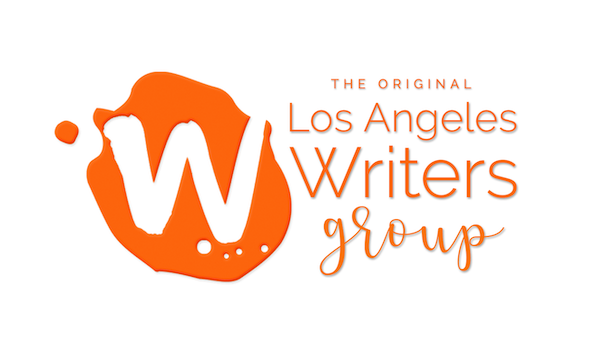 We are delighted to present a guest post from our dear friend, Charrise McCrorey. Charrise is a certified business coach and love activist and works with both entrepreneurs and large businesses all over the the world. She also happens to be my (Nicole’s) coach. I asked her to write a blog post for us and she graciously accepted! Keep an eye out for her upcoming book, Love Operating System.
We are delighted to present a guest post from our dear friend, Charrise McCrorey. Charrise is a certified business coach and love activist and works with both entrepreneurs and large businesses all over the the world. She also happens to be my (Nicole’s) coach. I asked her to write a blog post for us and she graciously accepted! Keep an eye out for her upcoming book, Love Operating System.
Writing can be a tricky business. One day it feels effortless and flows like a river, and the next it is agonizing and heart-wrenching, every word dripping out of me like drops of rain in a drought. Drip after drip, constricted life force spattering on to the page.
On those desert dry, wrung out, damned up river days, it feels futile. Typing a sentence, only to backspace it. Stopping and starting in fits and foul language. My inner critic is pissed off because I continue to write shitty first drafts, and if anyone actually saw them they’d know I’m not really a writer.
But when the writing flows like a raging river, the words practically writing themselves, I’m a brilliant writer. Something beautiful gets born and I feel like the writing comes through me, from somewhere other than me. Nothing compares to that euphoric bliss, knowing that I am, indeed, a writer. My inner critic has been successfully subdued and the only thing that can stop me from writing is that thing I need to do at 3:00 (damn it!).
I know this territory intimately. I know that sometimes I can get a rough start, and if I stick with it, eventually the magical flow shows up. I can either keep writing, one word and blood drop at a time, or abandon it altogether and go find some chocolate or Netflix or both.
It’s often excruciating to stay in it. Steven Pressfield’s The War of Art identifies the creative cramping that happens when we battle resistance. When I first read it, I was stunned at how closely he nailed my own creative experience. I felt like he took all my clothes off (the excuses, the justification, the fear) and left me standing bare naked — exposed. In fact I heard my own voice as if his words were mine, so much so that it could have been my memoir. I’m his poster-child. I probably should be getting royalties right now.
Resistance and I are life-long frenemys. When he sits on my doorstep, I can easily think of a fabulous reason to stop writing, or to not start. I can live happily ever after (or not) in the great land of justification. After all, there is Facebook to scroll, and email to check. There is solitaire to play. Anything at all to avoid facing the reality that my writing might very well suck.
Pressfield says, “be a pro.” Create a commitment for writing that is not negotiable. Don’t wait for inspiration to show up in order to write; rather let the inspiration show up because you’ve written. When you don’t feel like writing, write anyway. Do the work.
Anne Lamott wrote in Bird by Bird: Some Instructions on Writing and Life that many times what she writes is crap. Pages and pages of crap. And tucked inside those crap pages may be one paragraph that is golden, shining like a bright star. That is the reward for just writing, even though you know it’s likely crap.
When I write my morning pages (see: The Artist’s Way by Julia Cameron), I place no judgement on the quality of that writing. I don’t expect to use it for anything. It’s more a stream-of-consciousness journaling ramble of what I look forward to that day, what scares me, or details of my dreams. My morning pages serve as a way for me to get grounded, to defrag my figurative hard drive.
Sometimes, buried deep among the disorganized and random words that splash onto the page, there is something useful that I can take with me that day. It may be something to write about, or something to think about, or idea worth expanding.
I don’t write morning pages because I’m inspired. I write them because for me it’s like meditation, or showering. It’s part of my daily ritual; a self-care commitment. It feels good to “do the work.”
All great works of art are the result of hours and hours of practice and commitment, most of which happened because the artist stuck with it. I remind myself of this when what I really want to do is play solitaire. Instead, I put my head down and write, just in case this is the day.
——

You must be logged in to post a comment Login